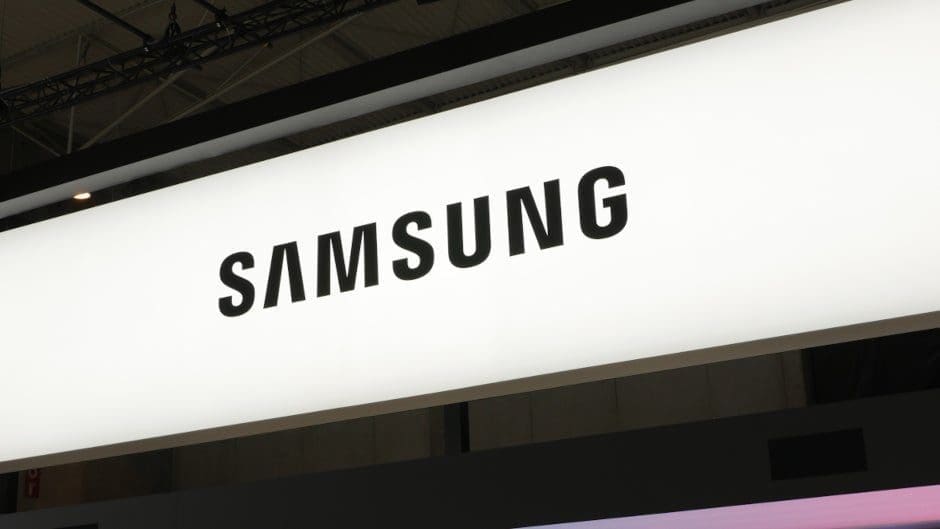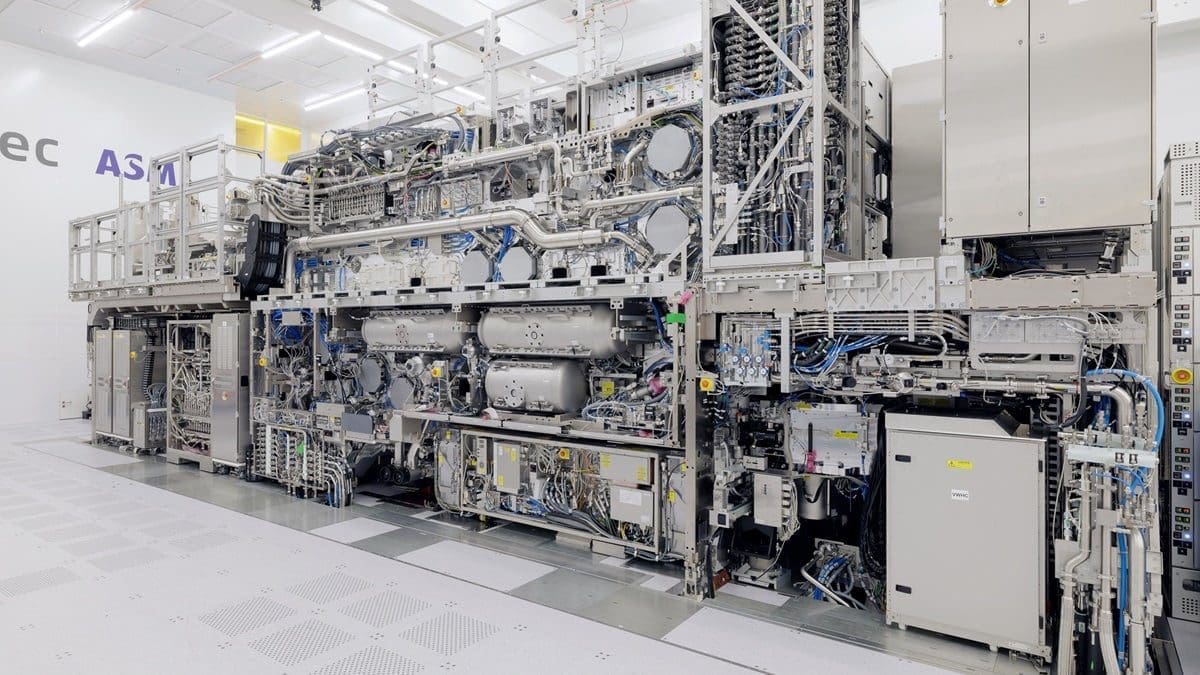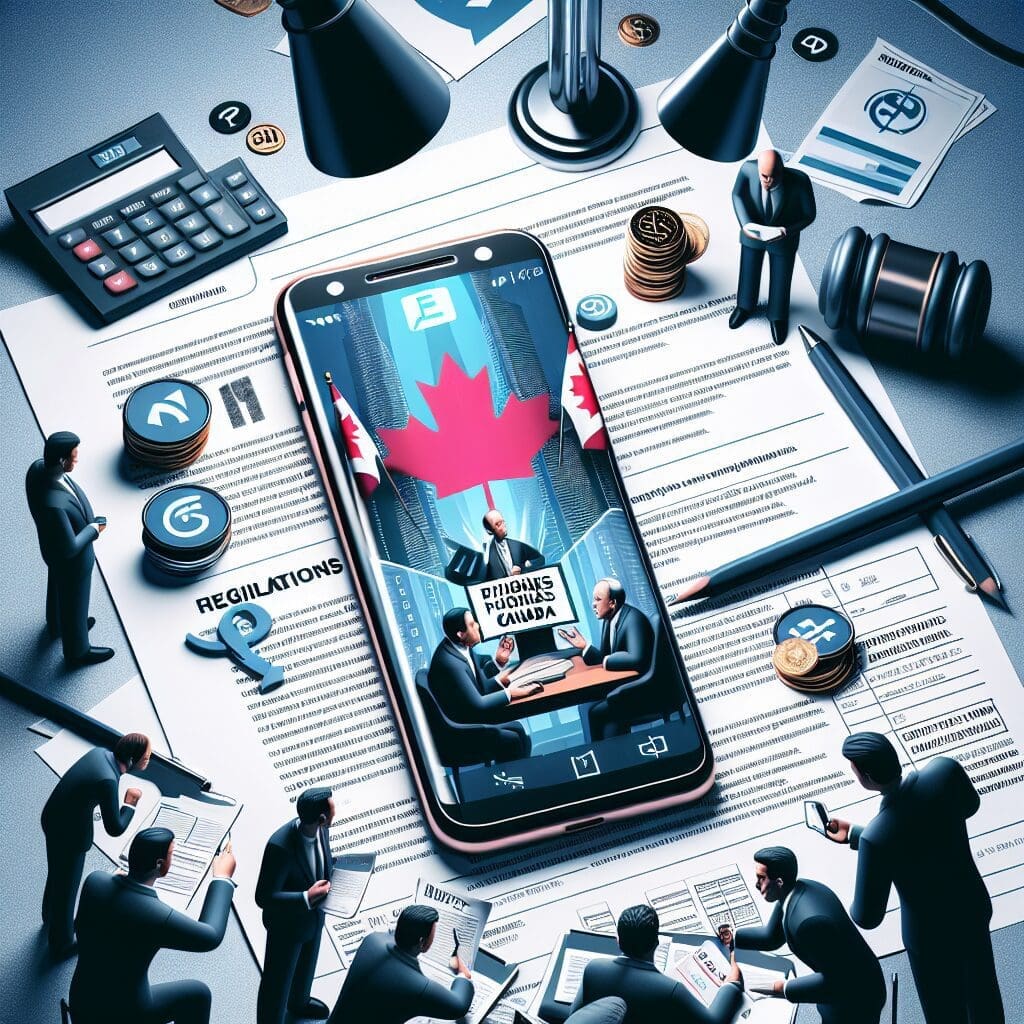The ongoing economic clash between the US and China has been making headlines, especially in the chipmaking industry. Last year’s release of the Mate 60 series by Huawei caused quite a stir globally, particularly upsetting US officials. This was because the Mate 60 was Huawei’s first 5G phone since the Mate 40 series. Huawei had previously been sanctioned by the US, only being allowed to use modified versions of Qualcomm’s Snapdragon chipsets for its flagship phones.
Recently, reports have surfaced indicating that the Biden administration is intensifying pressure on China’s top-sanctioned chipmaker, SMIC (Semiconductor Manufacturing International Corp). The US officials are planning to restrict SMIC’s most advanced factory from receiving further American imports due to its production of sophisticated chips for Huawei’s Mate 60 line.
In another development, it has been reported that Samsung and SK Hynix, known as “the world’s leading memory chipmakers,” have decided to halt the sale of their used chipmaking equipment. This decision comes as a precautionary measure to avoid potential violations of US export controls on China and western sanctions on Russia. South Korean companies like Samsung and SK Hynix have chosen to store their used machines in warehouses instead of putting them on the secondary market.
Even older machines, some as old as ten years, could potentially be refurbished and configured to produce advanced chips if they end up in the wrong hands. To prevent any potential repercussions from US regulations, Korean chipmakers are taking steps to ensure compliance. Although SK Hynix has started selling some machines again due to storage constraints, they are still refraining from selling US-made equipment such as wafer grinders and etching machines.
Following the release of the Mate 60 Pro last year, it was discovered that two memory chips from SK Hynix were used in the device: a 12GB LPDDR5 RAM chip and a 512GB NAND memory chip. It is clear that developments in the chipmaking industry continue to be influenced by geopolitical tensions between major players like the US, China, and South Korea.










